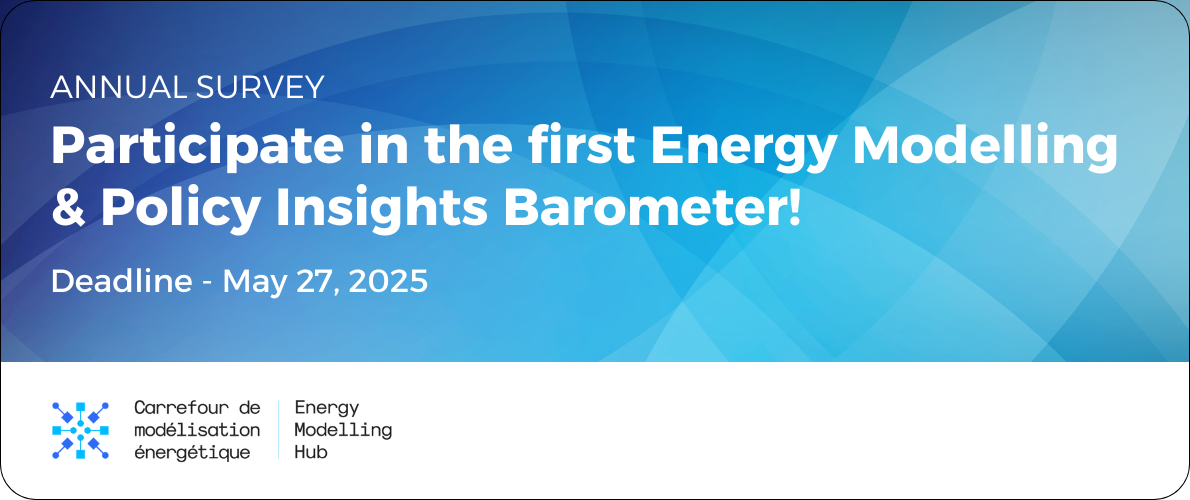The Hydrogen Subcommittee, initiated by the Energy Modelling Hub (EMH) in 2024, has published a new technical brief with critical recommendations to standardize hydrogen representation across Canadian energy models. This standardization is crucial: while hydrogen is key to decarbonizing hard-to-abate sectors like heavy industry and long-haul transport, existing national models exhibit major inconsistencies in assessing its production pathways (green, blue, grey) and infrastructure requirements. The brief, therefore, establishes explicit technical guidelines required for Canadian energy models to accurately assess hydrogen’s full systemic potential.
Key Insights and Priority Recommendations
The Hydrogen Subcommittee, composed of modellers and sectoral experts, delivered six priority recommendations to improve future modelling efforts, all aimed at increasing transparency and strategic planning. These include:
- Technology Transparency: A mandate to develop detailed and transparent technology databases covering all hydrogen production pathways, infrastructure systems, and end-use applications.
- Dynamic Adoption: Integrating dynamic adoption modelling that goes beyond cost analysis to reflect social, policy, and technological drivers influencing deployment speed.
- Infrastructure Focus: Expanding infrastructure modelling to capture transport logistics, storage constraints, and crucial socio-political risks.
- Strategic Prioritization: Prioritizing “no-regret” hydrogen applications, such as industrial processes, while maintaining a critical and comparative evaluation of its potential in areas like transport and buildings.
- System Interactions: Deepening the analysis of hydrogen–electricity system interactions to assess impacts on grid stability and demand.
This collective effort advances the EMH’s mission to facilitate timely and evidence-based policymaking toward a net-zero economy. These resulting recommendations promote the transparency, objectivity, and collaboration necessary to ensure that Canada’s energy models provide credible, unified insights to government and industry leaders navigating the complex path to net-zero.



